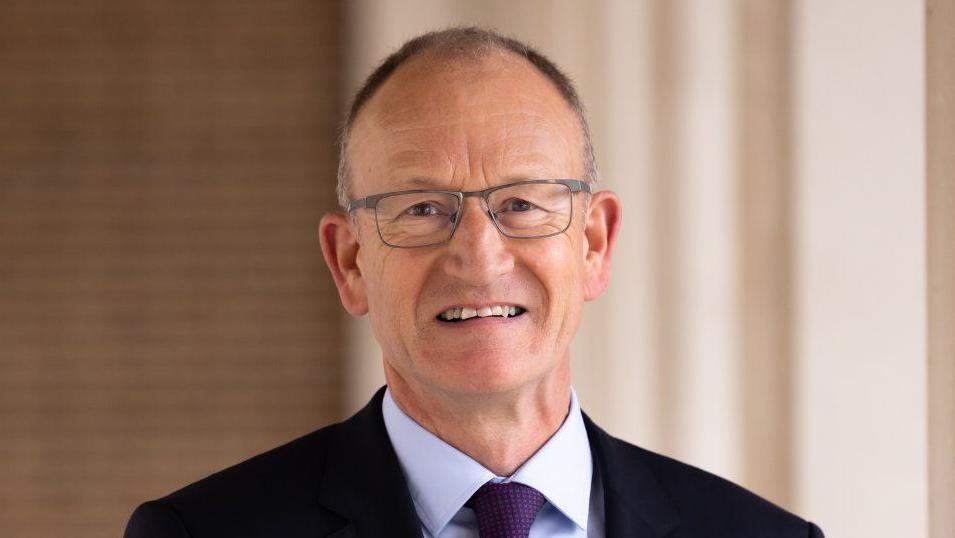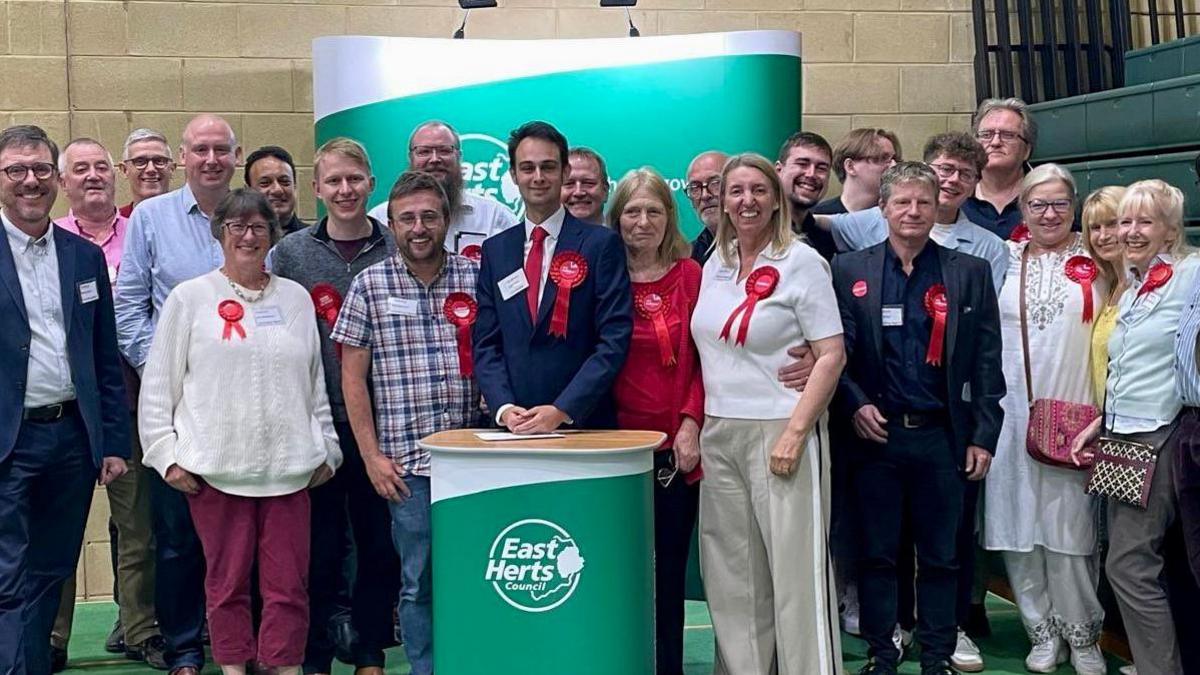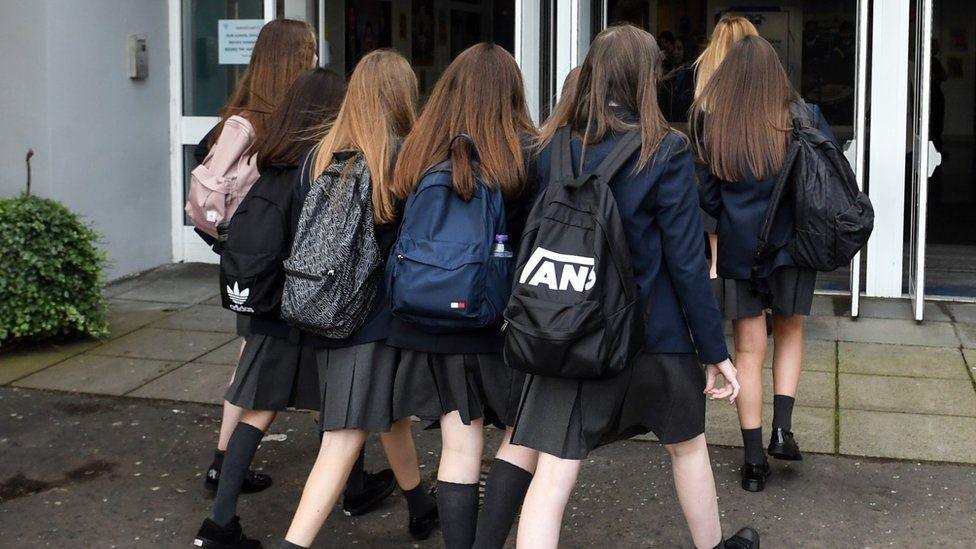'Astronomical' Send costs 'eating' council budget'

Hertfordshire County Council has an in-year deficit of £23m for high needs funding
- Published
The "absolutely astronomical costs" of special educational needs and disabilities (Send) funding is "eating into other budgets", a council leader has warned.
Richard Roberts, Conservative leader of Hertfordshire County Council, wants the 12 MPs who represent the county to back its plea for additional funding in the Autumn Statement.
He said there was an in-year deficit of £23m for high needs, making it the “fourth-lowest funded council for high needs”.
Roberts wanted an improved settlement from the government to avoid "very difficult conversations" when the authority sets spending levels for next year.
The authority has asked for support from MPs, some of whom were among those who highlighted the challenges faced by Send families in a Parliamentary debate, external last month.
In a letter, external, Hertfordshire County Council said "demand for Send support had increased by 223% since 2015", but there was a lack of extra funding to compensate for it.
The authority felt funding was based on "an outdated formula not keeping pace with current need".

Hertfordshire County Council leader Richard Roberts wants more financial Send support to avoid costs "eating into other budgets"
Last November its Send provision was given the lowest rating possible by Ofsted and the Care Quality Commission, external who identified "widespread" and "systemic failings".
Inspectors found some children were waiting more than 78 weeks for help, although the authority said there had been a reduction of 58% in those waiting over a year for a placement.
Even before that inspection, Roberts said the authority had been taking steps to improve, including appointing new leaders for Send.
He told the BBC that it "spent about £137m on 1,000 extra Send places but needed more and a sensible conversation about how we are going to afford this locally".
He said the £23m high needs funding deficit was a "debt we're accumulating" and added that "other councils are accumulating debts, running into hundreds of millions of pounds and it is completely unsustainable".
As well as more funding, Roberts said he wanted government financial support to come earlier, as last year "we had our share of approximately £400m, but got it quite late in the day, around February and March".
'More compliments'
Local authorities who have social care responsibility could increase council tax by a maximum of 4.99% every year to help with funding services.
While ruling out a "rise more than absolutely necessary", Roberts said he would like "some flexibility".
He said: "There is no way we are going to increase council tax to ridiculous amounts and in terms of saving money we're making savings like we've never made before this year."
Roberts said he was "really proud" of a new Send academy that the authority had launched, with 95 staff now trained and working within the service.
"Many of those staff have got lived experience because their children have Send," he told the BBC.
Despite the Send financial challenges and inspection ratings, he felt the authority had moved in a positive direction.
"Our parents are criticising us less and throwing a few more compliments our way so we think we're starting to make progress," he said.
Analysis by Andrew Sinclair, BBC East political editor
New research by the BBC has found that across the country the financial pressure being faced by local councils is getting worse. All of them are already in the middle of cutting millions of pounds from this year’s budgets but nearly all are predicting a further shortfall in future budgets which is getting larger every year.
The problem is most acute for our county councils and unitary authorities which oversee the big spending departments of social care, children’s services and highways.
Our figures show that Hertfordshire County Council is facing a cumulative deficit of £56m by 2026 which represents 5% of its net budget.
All the authorities say there will be tough spending decisions of one kind or another to balance the books.
Over the last 15 years, councils have learnt to slim down their back office, reduce services and look for alternative ways of making money. Every year it gets harder.
The new government is promising a longer term funding settlement to help councils with their planning. But could it do more?
Other suggestions include lifting the cap on how much they can put up council tax by or being given permission not to have to balance their budget every year.
And they would all like it if the Chancellor of the Exchequer Rachel Reeves could find some more money for councils in her budget.
Get in touch
Do you have a story suggestion for Beds, Herts & Bucks?
Follow Beds, Herts and Bucks news on BBC Sounds, Facebook, external, Instagram, external and X, external.
Related topics
- Published7 July 2024

- Published10 November 2023
